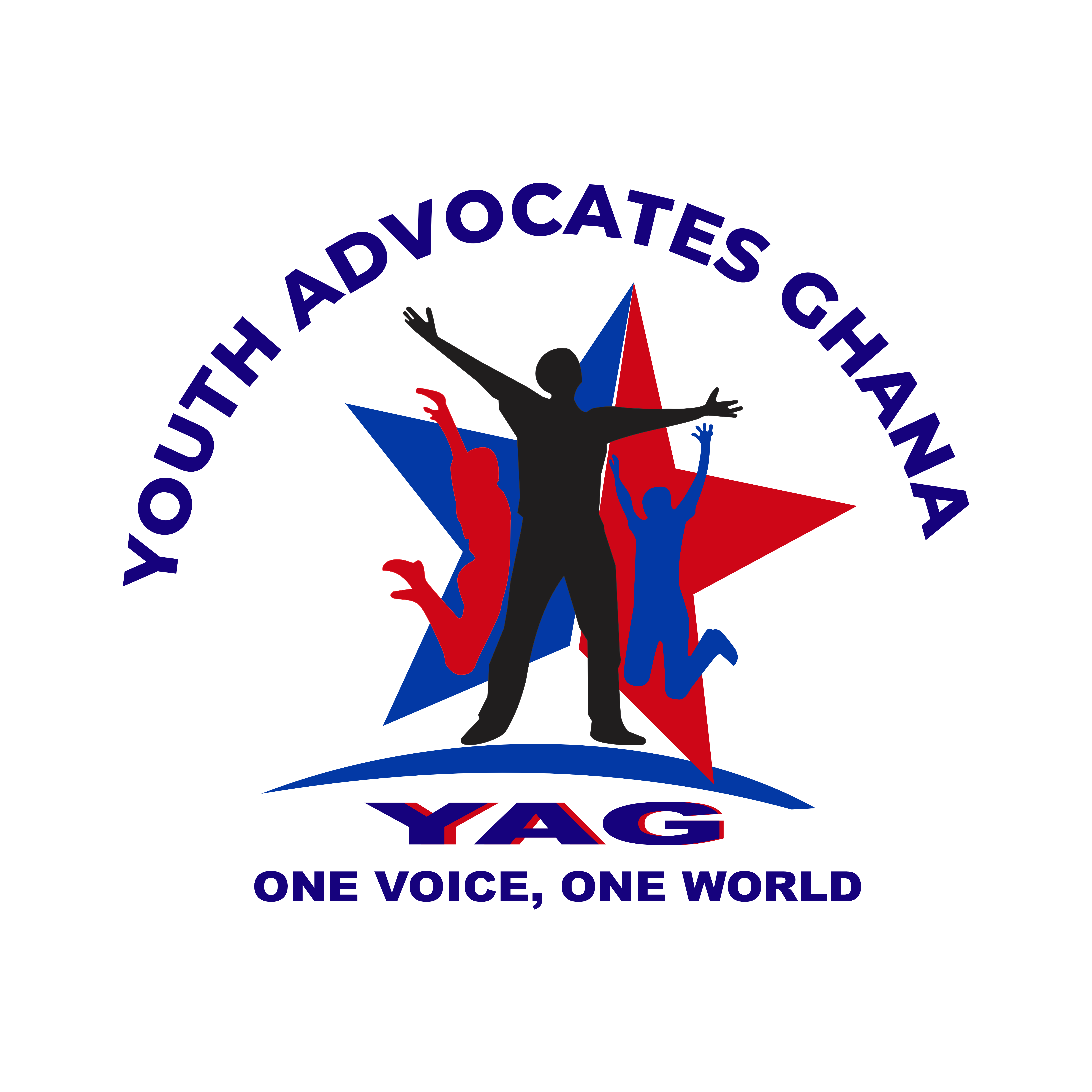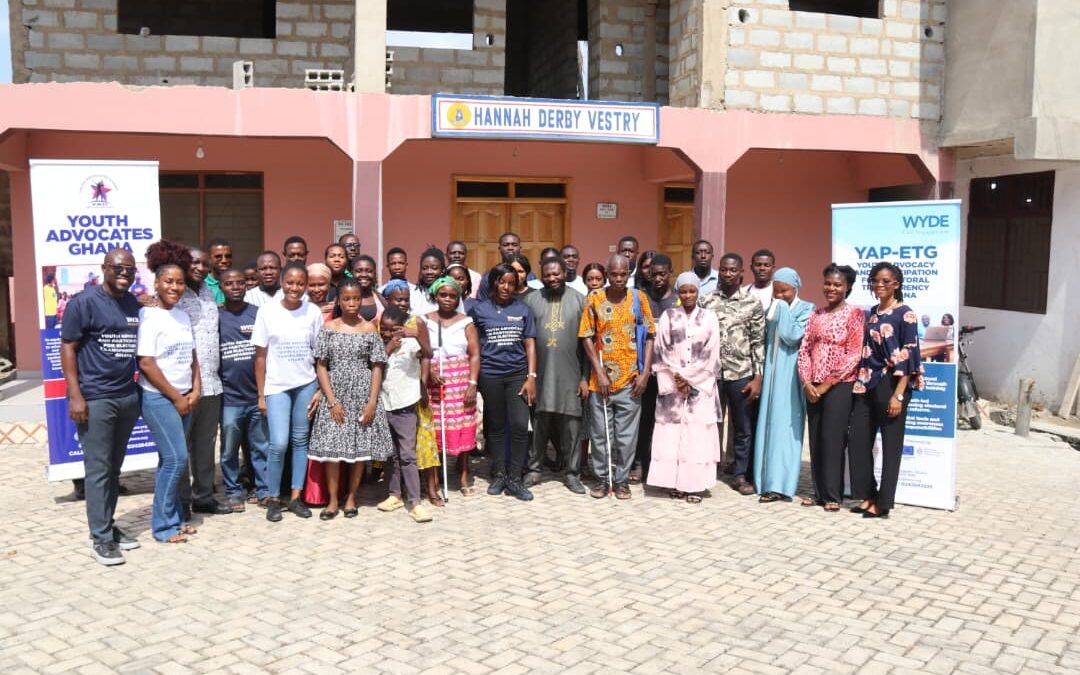Youth Advocates Ghana (YAG) has launched an initiative to strengthen youth participation, transparency, and accountability in Ghana’s democratic processes.
Youth Advocates Ghana (YAG), a non-profit Organization based in Nsawam in Eastern Region is implementing an initiative dubbed “Youth Advocacy and Participation for Electoral Transparency in Ghana” to enhance youth engagement in the country’s democratic and governance system.
Despite Ghana’s democratic gains, youth, persons with disabilities and women continue to face barriers that hinder their inclusion in decision-making. These challenges include low political literacy, limited access to education and employment opportunities, cultural norms, and systemic exclusion. Meanwhile, the African Union’s Youth Charter, recognizes Africa’s youth as the continent’s greatest resource and envisions them as the driving force behind political transformation under the AU Agenda 2063 which enjoins member states to commit to youth representation in national and sub-national levels to strengthen political participation.
In Ghana, the 2010 National Youth Policy highlights the importance of empowering young people to contribute meaningfully to national development. YAG believes this is the crucial moment for the youth to play a more active role in decision making for the future and demand accountability. The project being implemented in Nsawam Adoagyiri and Ayensuano in Eastern Region as well as Savlugu and Tamale in Northen Region, therefore seeks to build capacity of young people; including women and persons with disabilities; with the knowledge, skills, and confidence needed to actively participate in political and civic processes.
Speaking at a youth town hall meeting in Nsawam, Gifty Boahemaa Appiah, Programs Coordinator for YAG, emphasized the importance of youth participation in governance and accountability. She encouraged young people to get involved in the upcoming district-level elections, and also use civic means to demand accountability from leaders stressing that their voices are vital to building a transparent and inclusive democracy.
“This project is funded by the European Union and we are implementing it. So this project is basically aimed at increasing education or sensitizing young people on democratic issues and also aims to generally build that capacity of young people to be able to hold governments accountable and then also question decision-making and then ask critical questions when it comes to our civic space” said Gifty Boahemaa Appiah.
She added that “It’s not just about building the capacity of young people. We want them to be able to take up some of these decision-making spaces because it’s important that as young people, we are going to take up the roles that our leaders are taking up now. So it’s important that these conversations begin at the early stages.”
Resource persons from the Electoral Commission (EC) and the National Commission for Civic Education (NCCE) also participated in the engagement, guiding participants through Ghana’s electoral processes, civic responsibilities, and the ongoing constitutional review process. They underscored the importance of the youth, women and persons with disabilities actively involve decision making.
For Mohammed Abdul Raulf, Ghana Blind Union, Nsawam branch Secretary, persons with disabilities must be part of government appointees in assemblies to provide opportunity to influence decision making at local level. He also urged National Commission for Civic Education (NCCE) to intensify education in communities to eliminate barriers of stigma, misconception and cultural believes that undermines the capacity of persons with disabilities seeking leadership roles.
For Mary Tetteh, a participant, the program has empowered her to forgo her fears about politics stating that “I didn’t want to do anything politics because of the fear of insults, personal attacks and lies about your personality as a woman. But this program has enlightened me to understand that it is my democratic and Civic right which I have to exercise to influence decisions to reflect the aspirations of us the youth for a better future”.
By: Obed Kojo Ansah
Source: Starrfm.com.gh


